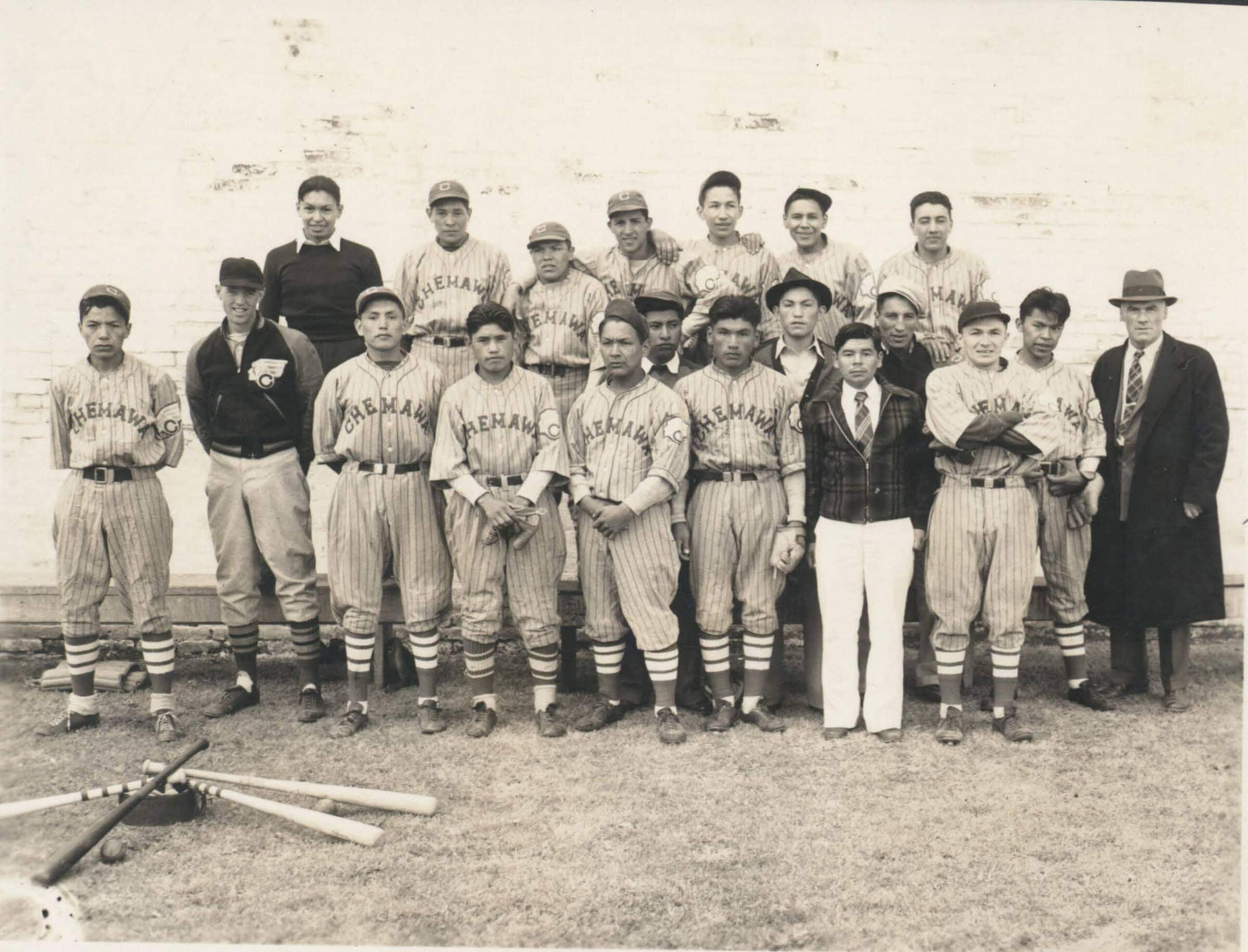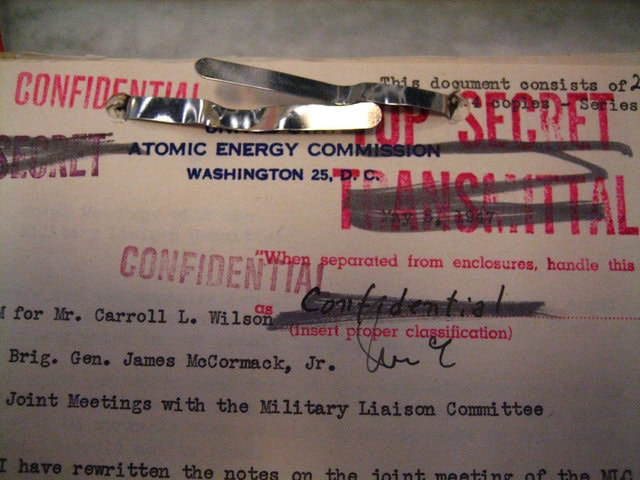The digital archive called “Paper of Record”—a significant repository of old newspapers from around the world—disappeared in late January, leaving many historians without a critical tool for their research.
“The site was simply essential for historians working on the history of Mexico,” according to Richard Salvucci, an economic historian at Trinity University. “We finally had a systematic way of getting at those sources, and now suddenly they are gone.” According to Salvucci, the site provided both scanned copies of historical papers from Mexico and a search engine that allowed historians to keyword search their contents.
The content in the Paper of Record was purchased for the Google News Archive search, but according to Dan Clancy, an engineer at Google, some of the materials could not be posted due to poor scan quality while others lacked the necessary rights for online distribution. “The end result is there are two chunks of content that were available on Paper of Record that may be affected. Some of this content Google can do something about and some of it we cannot. We are actively doing an inventory of all of the scans that we received to make sure we put up any content that we have rights to even if it is of lower quality.”
Clancy said staff at Google have compiled a list of the affected newspapers, and hope to post information about their status by mid-May, so that researchers will be able to plan accordingly.
In light of the complaints of historians and others, Bob Huggins, the founder of Paper of Record, received permission to re-start the service. According to Huggins, the revived resource will include all of the content that was taken down, but it will only be available through subscriptions by academic institutions. He said the content should be available in late April.
In the meantime, Salvucci reported that the work of some historians, who were relying heavily on the database, “has come to a halt. That is what is at stake here.”
Regrettably, this proves yet again Roy Rosenzweig’s warning to the profession six years ago about the “the fragility of evidence in the digital era.” While it may be beyond our capacity to adjust copyright laws and the behavior of large corporations (however well meaning), as a profession we can and perhaps should develop new habits for working with digital materials—by copying down information when we see it online, and not becoming overly dependent on any one data source or having illusions about its permanence.



